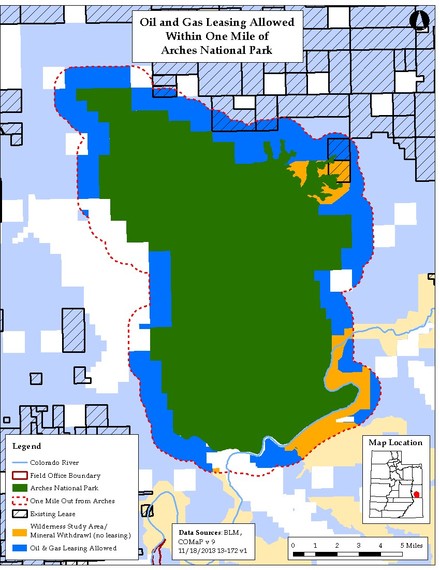So let's see now. Last time our country's national parks were big news was a couple of hours into the "partial" government shutdown. The House of Representatives opted to not fund the government. The national parks dutifully shut down and closed their entrance stations. Legally, they could not operate without funding. And park employees are not about breaking the law. So all across the country the national parks closed down. States like Utah, Arizona, Colorado, and New York quickly realized how much tourism revenue they were going to lose, how many jobs would be lost, how much money would drain out of local economies and how disappointed people were when they found the gate locked. Suddenly national parks were on every one's best friends list. While bipartisan agreement looks more like the Klingon Neutral Zone on most issues it looked like a field of dreams when it came to the country's national parks.
I mention all this because now, just a few short weeks after everyone from both sides sang kumbaya together around the glow of the national parks, The House of Representatives has passed the first of two bills introduced (H.R. 1965 sponsored by Rep. Doug Lamborn and H.R. 2728 sponsored by Rep. Bill Flores) and that if signed into law would open the way for oil and gas companies to lease any Bureau of Land Management land they wanted, even land directly adjacent to national parks like Mesa Verde, Dinosaur, Arches and Canyonlands. These two bills seek to strip away any authority the Bureau of Land Management has in managing public lands under their jurisdiction when it comes to oil and gas leasing. The legislation would also prevent the BLM from requiring oil and gas companies to use common sense protections for air and water quality, wildlife habitat, and other values if the state where the lands were located had any formal rules for overseeing oil and gas regulation. It wouldn't matter what the state's oversight program looked like. I guess it could be a drive through window for packaged oil and gas companies with, of course, an option to supersize it.
Also, the reforms established by the BLM, including the use of master leasing plans (MLPs), would be reversed, redacted, banned, or whatever. They would be gone. These were reforms developed by BLM to better manage oil and gas leasing in sensitive resource areas. Their need was driven by the public outcry over proposed oil and gas leases around Moab, Utah, in 2008 that would have severely impacted Arches and Canyonlands National Parks.
These proposed bills would also require payment of a $5,000 fee from any group or individual formally protesting any leasing plan. This includes tourism and recreation business owners which rely on national parks and public lands for their livelihoods. That requirement seems to me a direct curtailment of the public's right to petition their government. See the first amendment to the US Constitution.
With two simple bills, the House would end any balance, common sense, or look before you lease approach when it comes to oil and gas development on public lands. There would be no effort to ensure that oil and gas development on public land would not ruin the values and integrity of our nation's national parks.
The irony of these proposed laws is how much they seem to contradict the very message everyone in Congress seemed to be sending in support of national parks. It's also staggering how so many in Congress elected on promises of bringing common sense solutions to our national problems seem so willing to abandon all pretense of common sense. Their answer seems to be to simply walk away from any responsibility of government to manage the public trust.
Maybe we could understand this legislative effort if we had any compelling national interest at stake. But, for the first time in years, we are producing more oil than we import. And we have so much natural gas now we are looking for markets to export it too. Natural gas prices are too low to drive the need for any expansion for domestic consumption.
At the height of the tensions over the government shut down and the closure of the memorials on the national mall, a Texas Congressman confronted a park ranger asking her if she wasn't ashamed of what she was doing. She answered that she was sorry the sites were closed and visitors were inconvenienced, but she also said, "I am not ashamed." I think the congressmen promoting these two bills should be ashamed of what they are doing. And even more so, they should be ashamed for wasting their time and our time. It's about time they did some serious work.
See maps of five national parks that would be threatened by this legislation on our website.
